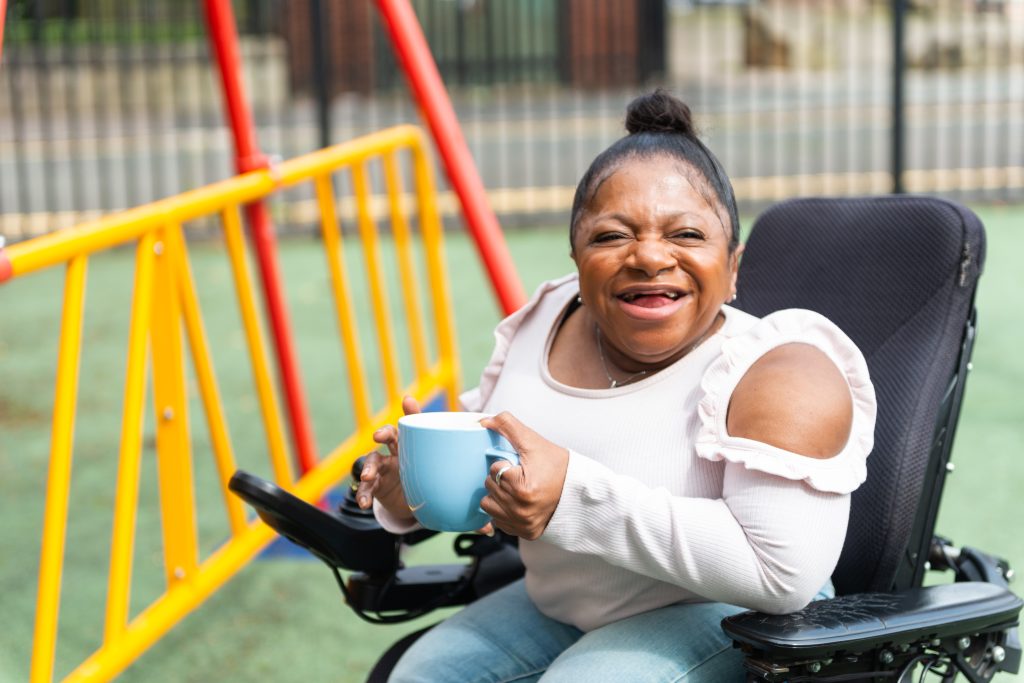Reports and policies
Our policies help to create a safe and supportive environment where our staff, volunteers and the people we support can thrive.
You can download and read our policies and reports below.

Our policies

Abuse of Trust policy

Bullying and Harassment policy

Complaints and compliments policy

Environmental and sustainability

Equality, Diversity & Inclusion policy

Fostering Statement of Purpose policy

Modern Slavery Policy

Safeguarding policy

STOMP and STAMP

Terms and conditions

Volunteering policy
You can view policies specific to our educational settings by visiting:
Our reports

Annual reports and financials

